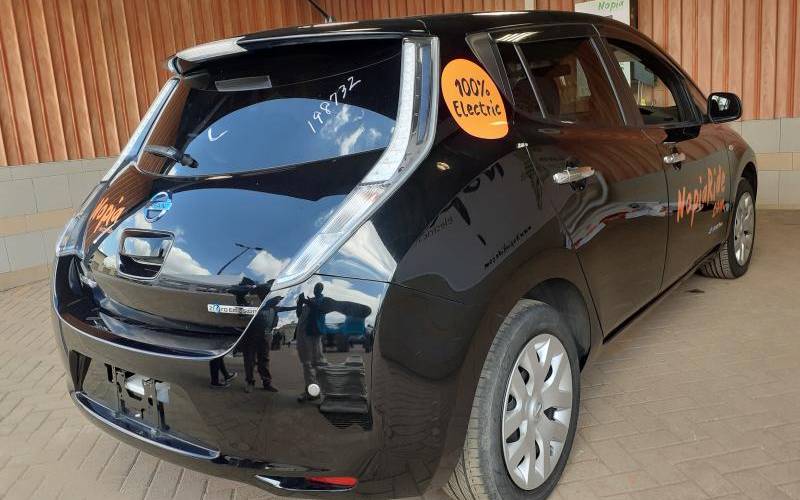×
The Standard e-Paper
Stay Informed, Even Offline

EkoRent Nopia Ride car, a fully electric taxi when it was launched in Nairobi on May 22, 2019.[David Njaaga,Standard]
Edgar Kipngetich, Country Manager Bolt Food, notes that the industry is rethinking its carbon footprint strategy and developing a long-term solution that stretches into partnerships with the electric car and motorcycle manufacturers to promote sustainable business.